Lack of sleep is a common problem. According to data from US, over 1/3 of the population has some sleep disturbances while 10 % of total adults have frank insomnia at some point during their lifetimes. Any drug that is used for the purpose of inducing or maintaining sleep is a sleeping pill. Sleeping pill is one of the most prescribed pills worldwide. In USA alone, every month 4% of the entire population uses it. In 2011, there were 30,149 emergency room visits due to non-medical use of sleeping pills in US. Among 9 million regular sleeping pill users in USA, 21 % have had suicidal ideation due to pill use at some point during use.
Various types of sleeping pills can be prescribed depending on bodily requirements assessed by your doctor. Never-the-less, most types of sleeping pills act by enhancing the amount or effect of GABA, a neurotransmitter that dampens nervous system impulses.
The commonest sleeping pills prescribed in medical practice today come from the class of drugs called benzodiazepines and newer non-benzodiazepine sedatives. They include the commonly used brands of clonazepam, estazolam, etizolam ,alprazolam and rarely diazepam . Non-benzodiazepine sedatives include zolpidem, zolpliclone, etc.
Consider Insomnia as fever, it should only be treated once the cause is determined, else will never result in complete cure. Almost 47-53% of all chronic insomniacs have associated psychiatric problems like anxiety, depression or dysthymia( continuous low mood). These patients will require treatment for both insomnia and the associated condition. Sleeping pills prescribed in these individuals will either be a combination of mood elevators plus a benzodiazepine like clonazepam or a sedating mood elevator alone ( eg trazadone, mirtazapine, tricyclic antidepressants like amitriptyline, etc). Your doctor may choose among many potential drugs and combination to best suit your health , family and work profile.
Sleeping pills are lucrative options for anyone who is having troublesome and horrifying sleepless nights followed by sleepy dazy days but they aren’t the best options for the purpose- to say the least. Infact, sleeping pills can have even more adverse effects on long-term use which is usually associated with its dependency.
Sleeping pills are known for their notorious side effects. In most patients, they usually cause mild to moderate sleepiness into the next day. Another major problem with benzodiazepines is dependence with use for more than 10-15 days. The pill user may have an increase in sleeplessness then. There may also be agitation, inattention, craving for pills, increase in blood pressure and heart rate. Also, long-term uses are associated with development of tolerance (requirement of higher dose for the same sedating /hypnotic effect). If this is the case with you or your near ones, kindly refrain from doing so and contact a sleep specialist to get rid of sleeping pills because it is a form of addiction which progresses relentlessly beyond a point . One may have a very difficult time getting off it. Doctors usually refrains from long-term prescription of benzodiazepines for insomnia only for the same reasons.
To list all side effects, sleeping pills like clonazepam can cause drowsiness, poor concentration, ataxia (difficulty in walking), difficulty in speaking, driving, vision problems, muscle weakness, dizziness and mental confusion. Benzodiazepines also induce anterograde amnesia where new memories cannot be formed so patient cannot register new events into memory . Sometimes, they even forget new people they meet. These effects slow down reaction time and impair driving skills, increasing the risk of motor vehicle crashes in patients who are taking these agents. Benzodiazepines are also harmful to fetus and suckling child. On withdrawing sleeping pills suddenly, symptoms of anxiety and increased heart rate and blood pressure level, tremors in hands, excessive sweating, insomnia and pain symptoms can develop.
Considering these severe effects of sleeping pill use over short and long-term use, doctors usually prescribe these drugs for shortest term possible with least doses. Furthermore, various non-pharmacological measures including good sleep hygiene practices are useful for insomnia. These are considered equally or more efficacious. Lastly but not the least, following instructions need to be followed ritually by a patient of insomnia:
- Do not self medicate
- Do not increase sleeping pill dose by yourself
- Do not take any medicine unless you know the composition
- If sleep related problems persist, contact a sleep medicine specialist

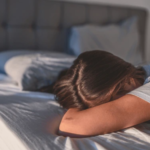


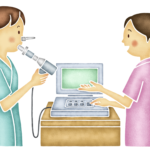
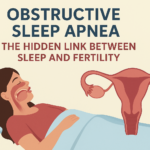


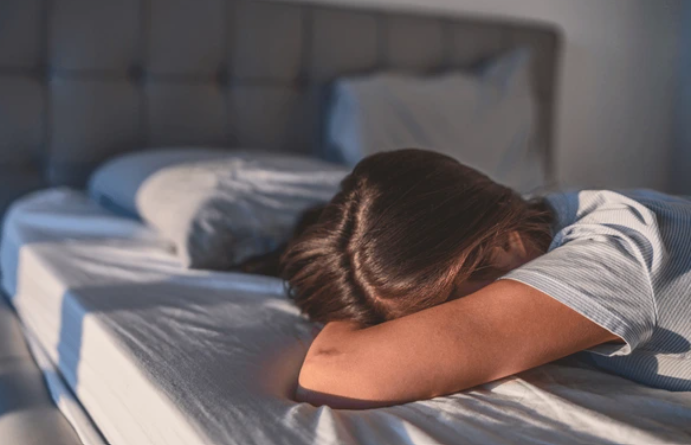

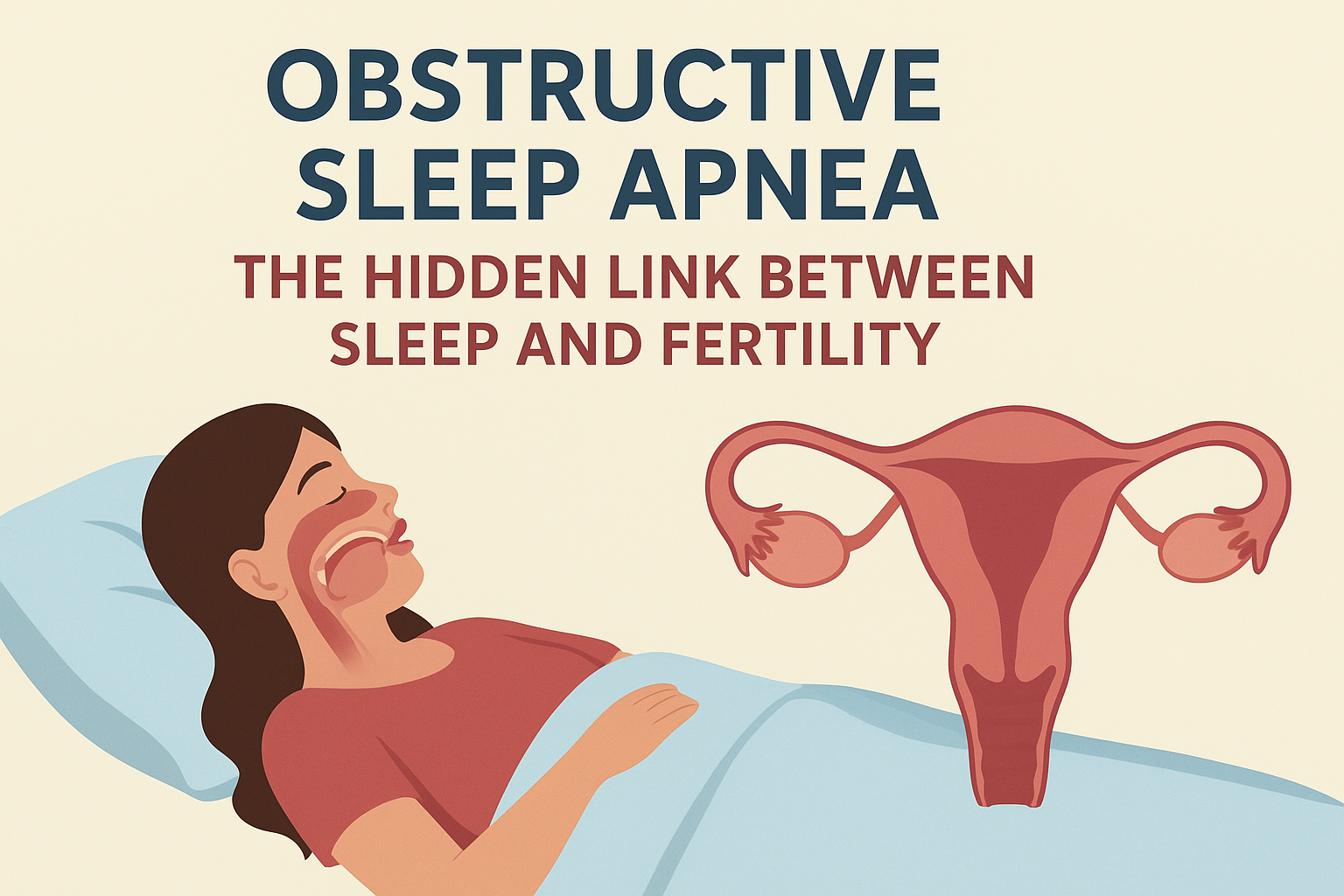
Thanks for the valuable information on sleeping pills. It will be really helpful for the people who are suffering from diseases. If anyone want to buy Sleeping Pills Online Uk then visit Sleeping Pill Shop.
Considering taking sleeping has both negative and positive effects.You can visit Sleeping Pills Zopiclone to buy insomnia sleeping tablets at the best price.
If you didn’t enjoy sound sleep in the night it may cause many serious problems in your life. So it is highly recommended to have a discussion with a specialist regarding your sleeping disorder problems. He will guide you what type of sleeping pills and tablets can help to diagnose this problem.
Good and informative blog about usage of sleeping pills and tablets.
it seems clear that you know how to explain your product through the blog.